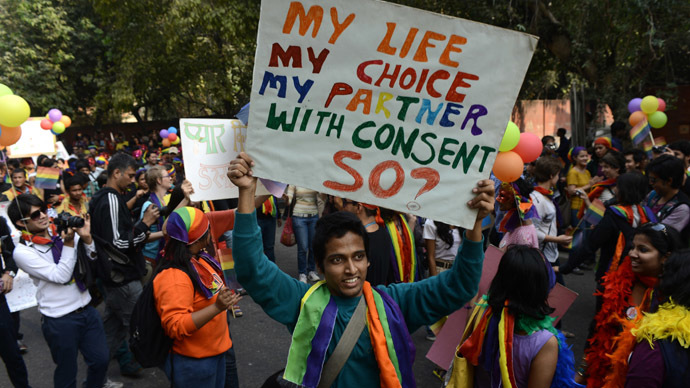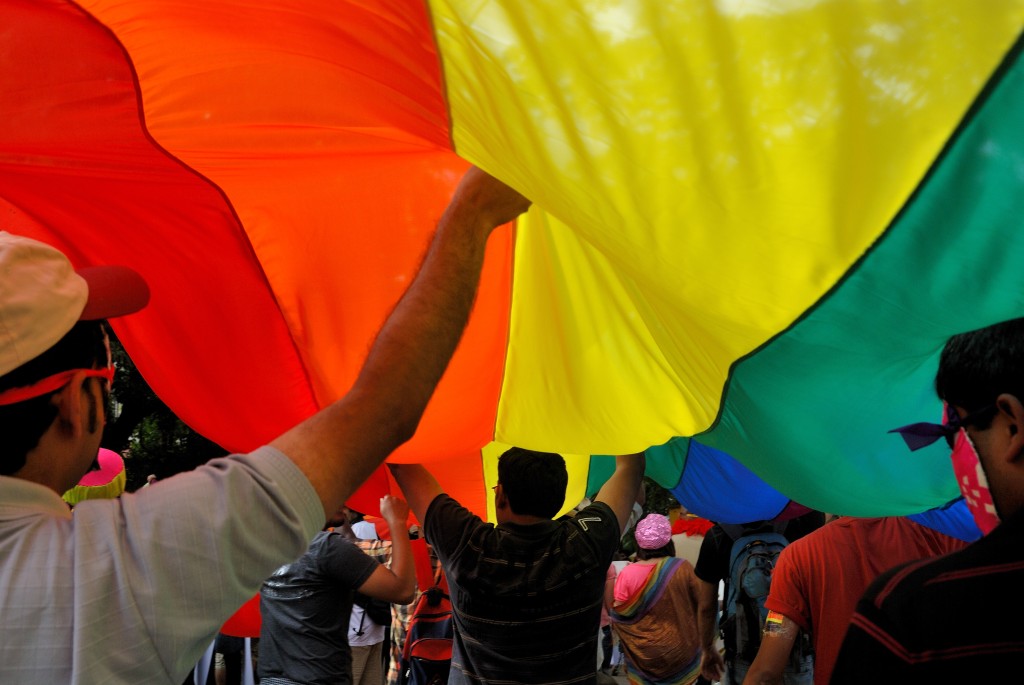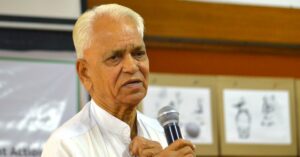OPINION: For India’s LGBT Community, Hope Floats on the Curative Petition on Section 377
There is hope that the upcoming hearing will grant positive rights to the LGBT community in India.

The LGBT community hopes that the upcoming hearing will be a step towards granting it positive rights in India.
In 2009, in a case brought forward by the Naz Foundation, the Delhi High Court had passed an order which had the effect of ensuring that the provisions of Section 377 of the Indian Penal Code (IPC), 1865, were not applied to consenting adults.
The order was welcomed by all those who believed in India’s desire to ensure equality and tolerance as hallmarks of its identity. Section 377, that criminalises “carnal intercourse against the order of nature”, had by then been a part of the code of penal laws enacted by a colonial administration for more than 100 years.
Like many other outdated imperial relics, the code continues to be used, and some of its more ridiculous sections have been sporadically brought out and dusted for the purpose of harassment by misguided individuals who, in their ignorance, feel that they are somehow upholding high standards of morality and Indian culture.
They fail to realise that this culture endorses tolerance that has existed for thousands of years and is one that is replete with legends of homosexuality.

The relief, however, was short-lived. Because in 2013, after hearing the appeals brought against the Delhi High Court judgment by various individuals and groups, who all claimed to be acting in the interests of the ‘Indian public’ and protecting the Indian way of life, the Supreme Court passed an order striking down the Delhi High Court judgement.
The Apex Court observed that the Delhi High Court order relied heavily on judgments of foreign jurisdictions.
This order stated: “(I)n its anxiety to protect the so-called rights of LGBT persons and to declare that Section 377 IPC violates the right to privacy, autonomy, and dignity, the High Court has extensively relied upon the judgments of other jurisdictions. Though these judgments shed considerable light on various aspects of this right and are informative in relation to the plight of sexual minorities, we feel that they cannot be applied blindfolded for deciding the constitutionality of the law enacted by the Indian legislature.”
Even though the campaign for the rights of the LGBT people has been going for nearly 25 years now, the reality is that the debate on sexual tolerance in India has not progressed beyond the struggle for the very right to debate this issue.
While the United States with its very public debate on the rights of LGBT communities has also legalised same sex marriages in 2015, in India, we have not even progressed towards de-criminalising the act.
The 2013 Supreme Court order clarified that “(W)hile parting with the case, we would like to make it clear that this Court has merely pronounced on the correctness of the view taken by the Delhi High Court on the constitutionality of Section 377 IPC and found that the said section does not suffer from any constitutional infirmity. Notwithstanding this verdict, the competent legislature shall be free to consider the desirability and propriety of deleting Section 377 IPC from the statute book or amend the same as per the suggestion made by the Attorney General.”
Of course, the Legislature has not acted till date and now, finally, three years later, the Supreme Court has heard a curative petition on the issue. A curative petition essentially means that the Supreme Court will take another look at an order, that has otherwise attained finality, if some conditions exist.
These conditions are: firstly, if there is violation of the principles of natural justice; secondly, if the judgement affects the person but this person was not party to that case; and thirdly, if the judge has not disclosed his connection or interest in the case leading to a fear of bias.
This is an extreme step as the principle of ‘Interest Reipublicae Ut Sit Finis Litium’ or public interest, in the finality of a judgment, is considered desirable and conducive to the rule of law. Nonetheless, the Court has ensured that this maxim has proven exceptions, allowing the cause of justice to be paramount.
One of the arguments that has been put forth in justifying the intrusion of the State into a citizen’s private life is public interest. So, it is only fitting that the fate of this penal section will now be decided by a mechanism that is itself balancing on the fine line between public interest and ensuring complete justice as per the Constitution.
The curative petition is a construction of the Supreme Court. The Article 137 of the Constitution allows the Supreme Court to review any order and Article 142 allows it to make any order, which ensures the securing of ‘complete justice’, in any cause or matter until Parliament passes a law on the issue. This is in keeping with the Court’s self-imposed description as a “problem solver in nebulous areas” and one that “has always been a law-maker and its role travels beyond merely dispute-settling.”
It is in this spirit that it has carved out the realm of the curative petition, where it reviews any of its own judgments and orders in case a gross injustice is perceived.

Photo source: Flickr/Vinayak Das
The safeguards for a curative petition have been kept flexible to ensure that its aim of securing justice is achieved.
But the hearing on February 2, 2016, went a step further. Whereas, traditionally, curative petitions are closed hearings in the judge’s chambers, this time, the proceedings were opened up to the public. A curative petition is meant to be heard by the three senior-most judges at the least and so it is that a Constitution Bench of five judges will now review the order in open court.
It is hoped that this hearing will set right some long-standing legal wrongs and might even go a step further in granting positive rights to a community that should have been treated no differently from any other in India. Lesbians and gays have not been recognised even though the transgender community has had a cursory legal nod their way in 2014, when the Court finally recognised them as the third gender.
Featured image source: newsinfo.inquirer.net
Like this story? Or have something to share? Write to us: [email protected], or connect with us on Facebook and Twitter (@thebetterindia).
This story made me
- 97
- 121
- 89
- 167
Tell Us More
We bring stories straight from the heart of India, to inspire millions and create a wave of impact. Our positive movement is growing bigger everyday, and we would love for you to join it.
Please contribute whatever you can, every little penny helps our team in bringing you more stories that support dreams and spread hope.



















